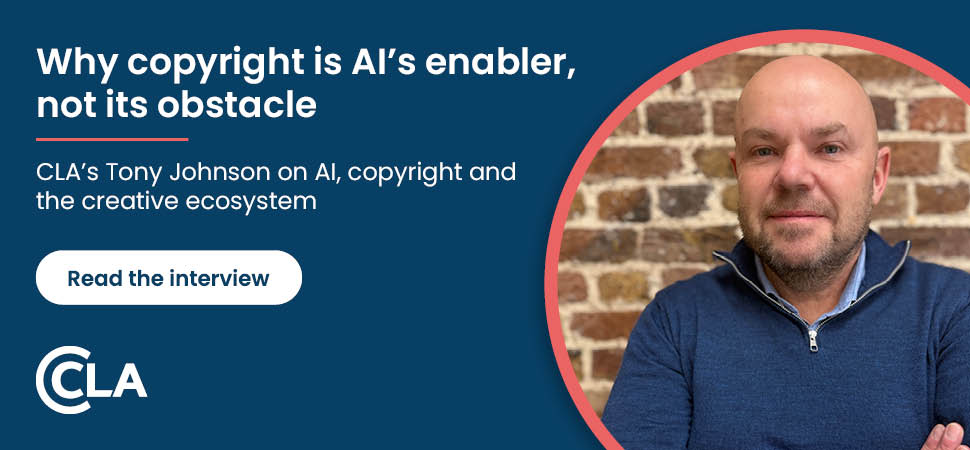For years, start-ups have often been told to “keep it simple” and to distil bold ideas into clear, concise pitches that won’t lose an investor’s attention. This advice is built on the assumption that clarity and brevity are the fastest routes to capital. But new research is challenging that belief.
Academic research from TU Dortmund University, the University of Passau, and the Technical University of Munich suggests that the opposite may be true. Their findings indicate that entrepreneurs who use cognitively complex language (communication that reflects nuance, analytical depth, and strategic thinking), tend to raise significantly more funding than those who rely on overly simplified messaging.
Does Smart Language Suggest Smart Thinking?
The study, published in Entrepreneurship Theory and Practice, analysed 547 real-world startup pitches and conducted controlled experiments with 240 business professionals. The results revealed a strong correlation between language complexity and funding success.
A one standard deviation increase in cognitive complexity led to a 7.25% increase in capital raised, equating to an estimated $125,000 boost for the average venture. This suggests that how a founder communicates can be just as important as what they’re pitching.
When used well, sophisticated language shows that a founder can think critically, handle uncertainty, and communicate with precision. These attributes tend to build confidence and trust with investors.
Mastering the Messaging
While complex language can be persuasive and potentially increase the chances of funding, the research suggests more isn’t always better. A pitch that is difficult to follow can often leave investors confused and question the founder’s clarity of vision.
It’s not about oversimplifying big ideas, but communicating them clearly and effectively. Doing so requires thoughtful refinement and an understanding of what investors are really looking for.
Startup Success Stories
To validate their theory, the researchers analysed startup pitches from TechCrunch Disrupt’s Startup Battlefield using computer-aided language tools, alongside controlled experiments. With participating startups collectively raising over $8.8 billion, the data offered robust real-world support for their findings.
Notable examples include entrepreneurs who delivered particularly cognitively complex pitches and subsequently raised significant venture capital. Prof. Dr. Graf-Vlachy, one of the study’s authors, noted: “Some entrepreneurs that have held particularly cognitively complex pitches went on to raise very large amounts of venture capital. The founders of Fintech N26, for instance, raised more than $10 million in the twelve months after their pitch.”
Communicating for Capital
The implications are significant on both sides of the investment table. For founders, especially those with academic or professional credentials, using complex language strategically can boost credibility and elevate a pitch, particularly when paired with a clearly defined value proposition.
For investors, the research sheds light on how linguistic cues and unconscious biases shape funding decisions. A deeper awareness of these dynamics could lead to more discerning assessments and ultimately, stronger returns.
At its core, the study challenges long-held assumptions about what makes a pitch effective. In today’s competitive landscape, sophistication and intellectual depth may be more persuasive than simplicity alone.


